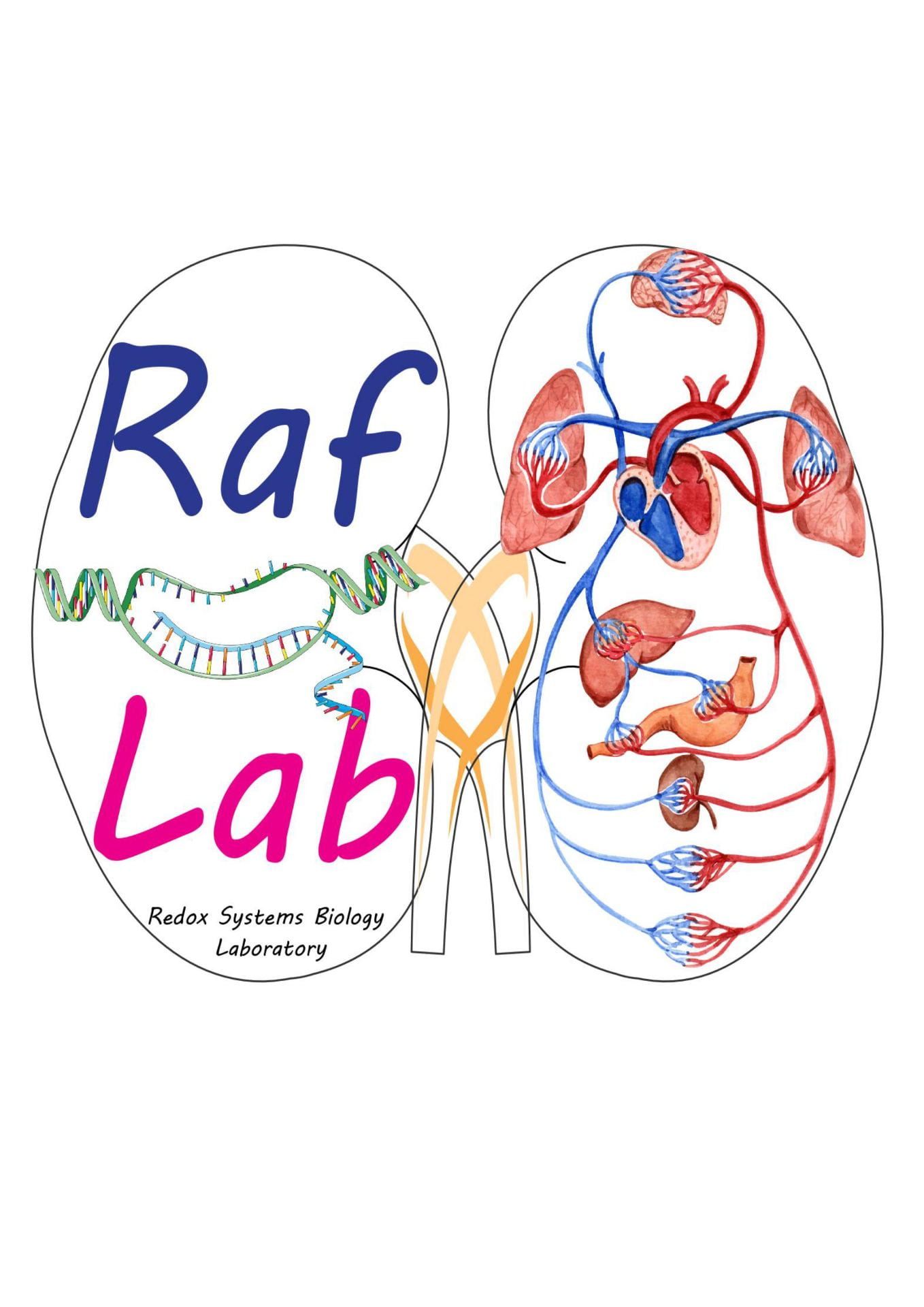Research Program
Our lab strives to create an environment where scientific research is conducted in a rigorous and procedural manner.

Chronic Kidney Disease: NIH-funded NIDDK R00 Research.
More than 1 in 7 US adults (~ 35.5 million people, or 14% of the population) are estimated to have CKD. CKD is a progressive disease that is associated with loss of important proteins including Klotho (KL), leading to severe endocrine disease, as well as increased renal oxidative stress that further damages the kidneys.
Our funded NIDDK-R00 research grant aims to identify how the interactions of KL and its ligand FGF23 may contribute to the control of oxidative stress using renal single cell biology approach. We hope these studies to identify new pathways regulated by FGF23/KL interactions that may be used as novel therapeutic targets to slow down CKD progression.
Aging: Targeting oxidative stress pathways to slowing down kidney aging.
As we are living longer worldwide and there is an estimation that the world’s population of people aged 60 years and older will double (2.1 billion) by 2050, approaches to slowing down kidney aging are needed. Our lab aims to isolate key renal redox circuits that drive kidney aging.
Sickle Cell Disease: Sickle cell Anemia Program.
What are the mechanisms that drive sudden crises in sickle cell disease (SCD) patients? Why do some crises last few hours whereas others take days? What are the biomarkers that predict SCD crises? These are the main questions the Agoro lab is interested in understanding.
